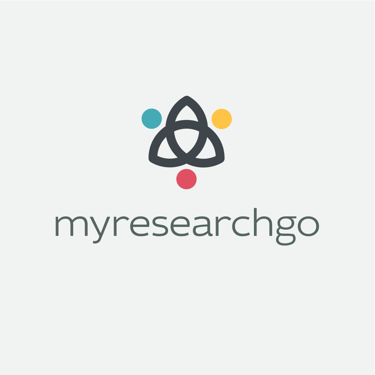A STUDY ON IMPACT OF AI-BASED LEARNING TOOLS ON SELF-DIRECTED LEARNING (SDL) SKILLS AMONGST UNDERGRADUATES
Mr. Prathamesh Rajesh Bobhate,
Assistant Professor, Department of Accountancy ,PTVA’s Mulund College of Commerce (Autonomous), Mulund Vanijya Mahavidyalaya Road, Mulund (West), Mumbai - 400080
Ms. Bhumika Jaikumar Chourasia
Assistant Professor, Department of Commerce KET’s V.G. Vaze College of Arts, Science & Commerce (Autonomous), Mithagar Road, Mulund (East), Mumbai - 400081
ABSTRACT
As higher education continues to change, the way students interact with knowledge has been profoundly altered by the incorporation of Artificial Intelligence (AI) into learning environments. This study looked into how undergraduate students' development of self-directed learning (SDL) skills was affected by AI-based learning platforms like ChatGPT, Coursera, Napkin.AI, QuillBot, and Duolingo. SDL, which is defined by students' capacity to establish objectives, track their progress, manage resources, evaluate their learning, and maintain motivation, is becoming more and more important in the current digital education environment. Data was collected from a diverse sample of 220 undergraduate students across disciplines through a structured questionnaire. The study evaluated the frequency and efficacy of these AI tools' use as well as the degree to which they enhance fundamental SDL abilities like self-motivation, goal-setting, time management, resource utilization, and self-monitoring. Quantitative analysis revealed a positive correlation between regular use of AI tools and higher levels of SDL readiness. Qualitative insights further highlighted that personalized feedback, instant access to information and gamified learning elements enhance learner autonomy and reflection. The findings suggested that AI-based tools hold significant potential in fostering independent learning behaviors, provided that students are guided on optimal usage. The study concluded that AI-based tools can effectively foster SDL when integrated with intentional pedagogical support, offering insights for educators aiming to enhance learner independence and engagement. The study also concluded that AI-based learning tools, when used strategically, have the potential to enhance self-directed learning skills in undergraduate learners. However, the effectiveness of such tools depends on learners’ awareness of how to leverage them appropriately and the presence of institutional support that promotes responsible and reflective tool usage. In order to enhance academic performance and lifetime learning competencies, the study suggested that educational institutions use AI responsibly and help students develop their capacity for self-regulation.
Keywords: AI tools, SDL Skills, Feedback, Autonomy, Academic Support etc.
How to cite?
Bobhate, P. R., & Chourasia, B. J. (2025). A study on impact of AI-based Learning Tools on Self-Directed Learning (SDL) Skills amongst undergraduates. myresearchgo, 1(4), 17.
DOI CrossRef


